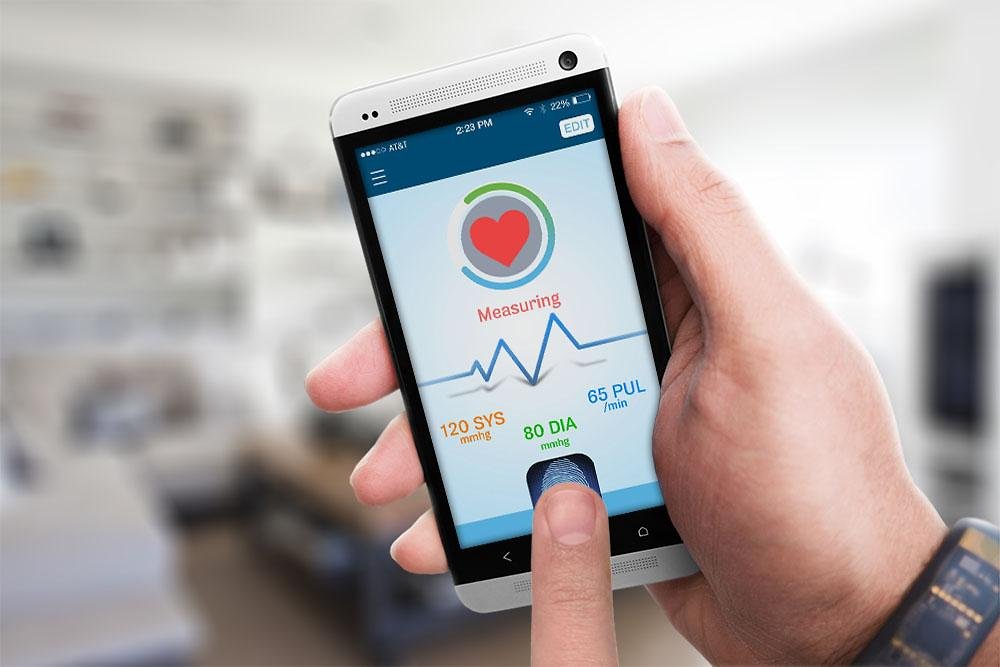Enterprise Resource Planning or ERP can be thought of as the management of the business processes in an industry usually by the use of software and technology. This is often done in real-time. The core business activities include product planning, manufacturing, marketing and much more which are required for the success of the business.
Currently, ERP Solutions for the healthcare industry is an evolving process. There has been an increase in the number of patients and the technologies used in the healthcare industry. Experts say that for efficient performance and functionality of the industry, ERP implementation is inevitable.
Benefits of ERP Implementation in Healthcare
- Optimized business processes: In a vast industry like healthcare, the business requirements and the processes are also vast. For success in this industry, it is necessary that these processes are carried out in an optimum way. ERP is excellent in doing this.
- Operational efficiency: Using enhanced process models, ERP helps achieve operational efficiency for the physicians, administrative staff, and the support personnel in the hospitals.
- Integration of data: The most important advantage of ERP implementation is the integrated management of the business activities. This means that all the data related to a particular process is integrated in real-time with clinical systems. There is multi-directional data flow which ensures efficiency at all levels.
- Improved communication: By enabling proper data flow between various departments, the communication between the doctors improves a great deal. This way, there will be no delay in providing the right care to the patients. Timely service is crucial in healthcare.
- Better decision making: When catering to the needs of a patient, it is vital to take quick decisions. With a proper system like ERP in place, the decision-making capabilities are improved and the resources are managed efficiently.
- Reduced costs: Implementing ERP reduces the operational costs in the industry. With faster decisions and timely care, there is no unnecessary cost charged due to the delay.
Implementing ERP
ERP provides a lot of benefits in information technology and business processes. But, the important thing to keep in mind is its effective implementation. If the integration is not proper, the best software systems can also be a failure.
ERP solutions for healthcare industry requires input from not just IT specialists but, from everybody connected to the industry like healthcare managers and clinicians too. Healthcare providers must find out what kind of ERP solution best suits their specific requirements.
ERP initiatives need well-planned strategies for making it a success in the healthcare industry. When these strategies are implemented, it should be taken care that all the users of the system are well trained. It is saddening to implement an efficient system which performs poorly due to the lack of knowledge of the users.
Healthcare industry faces a lot of challenges like patient confidentiality regulation, transferring all the records to a digital medium, employing experienced technicians and so on. It is believed that like other industries, ERP will ensure greater efficiency and better effectiveness in the healthcare industry as well.
Daina Martin is a freelance author and writes for a variety of online publications like Huffingtonpost,Sitepronews.com and etc.. She actively writes blogs and articles related to Eco-friendly resources,health and technology. When she’s not working, she likes to cook, dance and travel.





















































































































































































